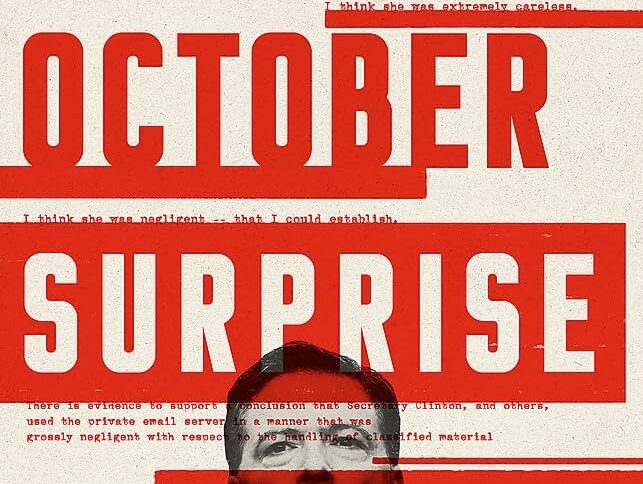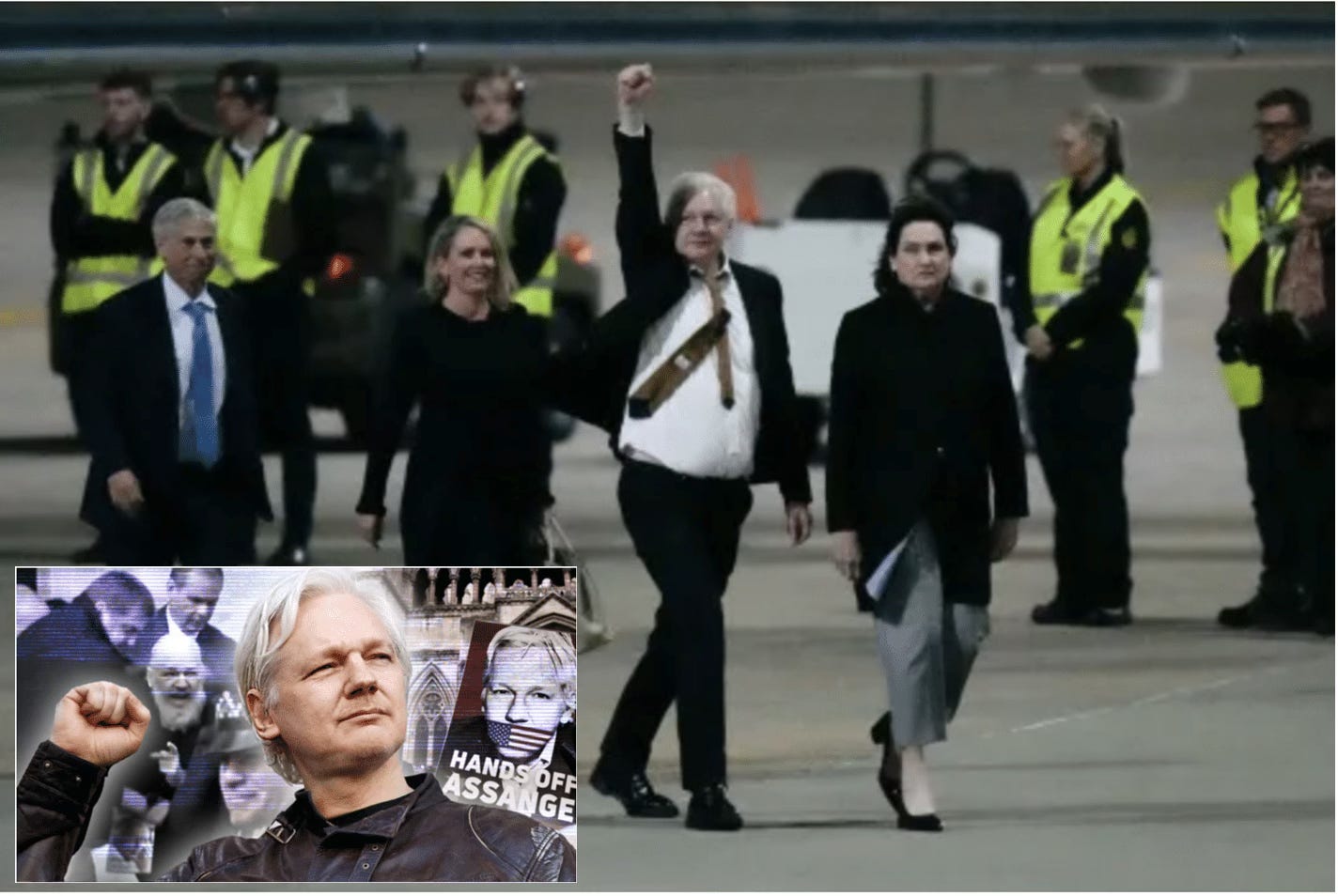Not With a Bang But a Whimper: The swift resolution of the case against Julian Assange was a legal surrender by the U.S. government, but it was much more: an outcome dictated by the competing and overlapping pressures of diplomacy, national security, and military strategy.
Assange’s return to his native Australia as a free man Wednesday followed years of quiet but strategic diplomacy by Australian leaders who seized upon a new strategic partnership with Washington and London to make the case for Assange’s release.
Australian Prime Minister Anthony Albanese said he personally raised the issue with President Biden at a 2022 NATO summit in Madrid as the two leaders strengthened their ties through the AUKUS partnership forged the previous year. Under AUKUS, the United States and the United Kingdom committed to helping Australia build a fleet of nuclear-powered submarines to counter China’s rise as a global superpower.
AUKUS was the sort of deal full of secrets—such as highly classified efforts to develop unspecified “advanced capabilities”—that the 52-year-old WikiLeaks founder would have loved to spill. But as Assange lingered for five years in a high-security British prison battling the U.S. government’s efforts to extradite him, he became one of AUKUS’ beneficiaries.

